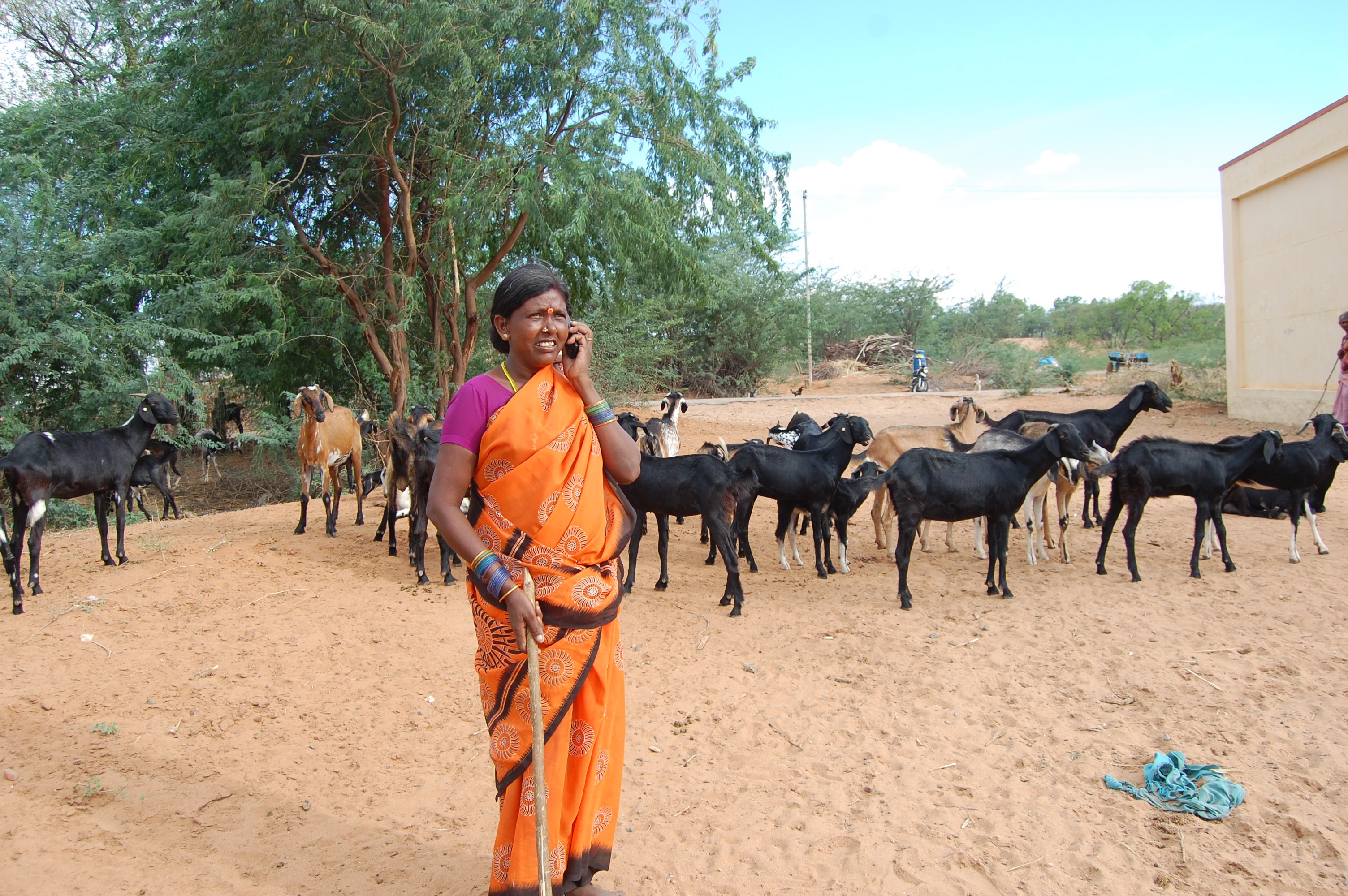Adequate nutrition, particularly in the first 1,000 days of life, is critical to both physical and mental development and long-term health. However, 15% of babies are born with a low birth weight[i] and 1 out of 3 people in the developing world suffer from a micronutrient deficiency; both important indicators of malnutrition. Poor access to agricultural and health information has been recognised as a major barrier in the uptake of improved nutritional practises, particularly for women and vulnerable groups in marginalised areas.
The Nutrition Knowledge Bank, part of the mNutrition Initiative, aims to help bridge the gap between information providers and users by providing an open-access store of both nutrition-sensitive agricultural approaches and nutrition-specific health interventions.
The mNutrition Initiative
The Nutrition Knowledge Bank’s core content has been produced by GSMA’s mNutrition Initiative – a DFID-funded global project developing agriculture, health and nutrition messages to address knowledge gaps and promote behaviour change. The project, led by a global content partner consortium consisting of BMJ,CABI, GAIN, ILRI and Oxfam, aims to reach over 3 million people at risk of malnutrition in 12 countries (Bangladesh, Ghana, Kenya, Malawi, Mozambique, Myanmar, Nigeria, Pakistan, Sri Lanka, Tanzania, Uganda and Zambia) by partnering with local organisations to produce localised content, which is then directly disseminated by service providers through mobile networks.
One of the first activities of the project involved producing a landscape analysis of the nutrition situation in each of the 12 project countries, and from there, country-specific content frameworks were developed to pinpoint key nutritional and agricultural issues and target interventions. Using these frameworks, the project has supported local partners in developing localised and relevant information in the form of factsheets, SMS, voice transcripts, and, in some countries, voice recordings.
The Knowledge Bank
The Nutrition Knowledge Bank forms a repository for all of the content that has been produced so far– factsheets and mobile messages are available for anyone to download and use. Knowledge is searchable by country and information domain, e.g. Ghana – Health information. Although information is provided in mobile-ready formats, the factsheets in particular allow the content produced to be repurposed and used in future projects. Although it is thought that the Bank will be most useful to mobile network operators who will be able to use the content for mobile services, it is also of interest to governmental agricultural and health ministries, extension workers, community groups and development practitioners. The Knowledge Bank retains the ability for content to be produced using an in-built content management system, and to incorporate and display more content as it is created.
One of the most significant aspects of the Knowledge Bank lies in its diversity. Messages have been produced in local languages and cultural contexts have been considered throughout development to ensure that messages are impactful and relevant to the audience. And, perhaps most significantly, a key focus of the messages is their practicality – messages are clear, concise and actionable. Using the database, you will find voice messages incorporating health interventions for new mothers alongside SMS scripts advising smallholders on crop pest management.
This is not the first open access database produced by CABI. CABI’s Plantwise Knowledge Bank is an essential tool for thousands of people working in plant health, providing a source of both local and global data and guidelines.
As is the case with the Plantwise Knowledge Bank, the Nutrition Knowledge Bank’s content is of a quality that can be depended upon. The content produced by the mNutrition Initiative has been through a strict quality assurance process, end-user testing and has been validated by government and nutrition stakeholders.
The Nutrition Knowledge Bank is going live on 25th October.
This publication is a result of the GSMA mNutrition Initiative funded with UK aid from the UK government.
[i] UNICEF, (2013), Improving Child Nutrition: The Imperative for Global Progress, Retrieved October 7, 2016, from UNICEF,http://data.unicef.org/wp-content/uploads/2015/12/NutritionReport_April2013_Final_29.pdf








